September 11: The View From My Window
From firsthand testimonial, a younger generation remembers anew
September 11, 2019
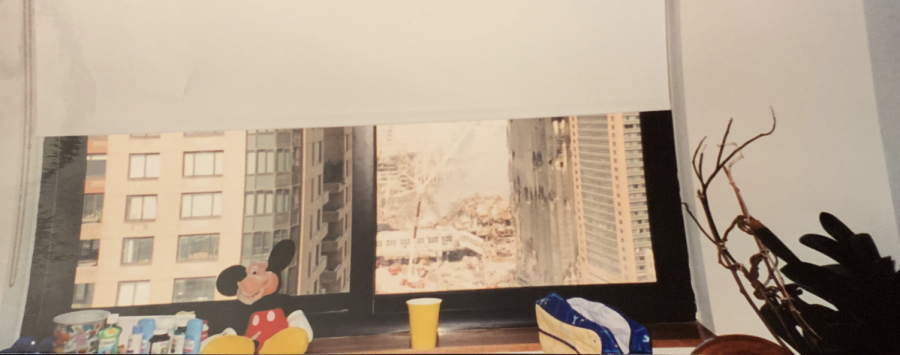
99 Battery Pl., Apt. 26D.
I lived here for a total of nine days. I was born on Sept. 2, 2001, and my parents, John and Linda, had spent nine months making sure that everything in their apartment was perfect for a newborn baby. They had gotten all the clothes, bottles and diapers. They even gave me the bedroom with the best view, a direct view of the twin towers. For nine whole days, everything worked out just the way they had planned. Then on Sept. 11, 2001, at 8:46 a.m., that all changed.
Every year, as Sept. 11 approaches, I find that the events of that day come up in conversation more frequently in my home. Recently, I asked my mom what she thought was happening when the first plane hit. She said, “I thought it was the recycling truck picking up all the glass, and then when I opened up the window from your bedroom, I saw a hole in the World Trade Center and smoke and fire.”
She and my dad quickly packed a small bag of necessities and valuables and ran. Their first thought was to get our car, but the parking garage was directly next to 1 World Trade Center. My dad said he couldn’t get that close to the twin towers because so many people were jumping from the buildings. He was afraid he was going to get hit by one of them.
My dad was then able to hail a taxi, and my parents escaped across FDR Drive, newborn in tow, their perfect apartment and life gone as the towers collapsed behind them.
I’ve heard this story at least a hundred times throughout my childhood. It has always felt like my parents’ story, not my own. 9/11 impacted my mom in ways it never could for me. Although I was physically there, it’s impossible for me to have any memories. For her, it was a tangible, terrifying experience. “You can’t imagine what it’s like to have a newborn baby and run with just a bottle in your hand. Someone who hasn’t lived through it could never understand it. You can read it in the paper 100 times and feel sorry, but if you really lived it, it’s very different,” she said.
This speaks volumes to my generation’s understanding of 9/11. For those born too late to remember, there exists a sense of sympathy from a distance. We hear stories about the day of 9/11, or we learn about it in school, but we rarely hear firsthand accounts of the aftermath.
I can walk down to ground zero and feel sorrowful when looking at the memorial. But for my mom, it’s different. She is flooded with memories of her experience, and she recognizes friends whom she lost among the names on the memorial.
9/11 doesn’t directly affect my daily life decisions, but it does affect those who were there and those who lost someone. My mom admits that “after 9/11, I’m much more aware of my environment, I think twice before doing things because I was forced to live with nothing. I had to do what I could to survive.”
My mom is always highly alert in an airport and never complains about the long lines at TSA. Her eyes constantly scan the crowd and make note of her surroundings. My friends, and even admittedly myself, whine and dread the thought of being on line for an hour just to go through a metal detector; my mom is grateful for the added sense of protection.
By living through an extremely dangerous situation, it makes my mom wonder about her safety in mundane situations much more often than I would.
She learned how to survive. In the aftermath of 9/11, my parents were left homeless as all of Battery Park’s residents were forcibly evacuated. They arrived at my grandparents’ duplex in Queens and had to start over. Most of their clothes, toiletries and my baby supplies were left behind, and the U.S. government quarantined the area indefinitely.
My mom had to make do with the little she was able to grab in the span of ten minutes. After the quarantine was lifted, my parents sold the apartment. Their happy home had been tainted with immeasurable sorrow.
On Sept. 11, 2001 so many individuals lost their lives, loved ones, homes and livelihoods. This day impacted my family deeply, but I can honestly say that my parents are the strongest people I know because of the tragedies they faced.
Those who are unable to remember are encouraged to never forget, but I don’t think forgetting this day is possible. We sustain this collective memory with firsthand accounts of those who were there. We grow our understanding through those who still battle grief and fear eighteen years later.
On this day, I encourage those who are unable to remember to simply listen. We are all called to understand, respect and never forget.

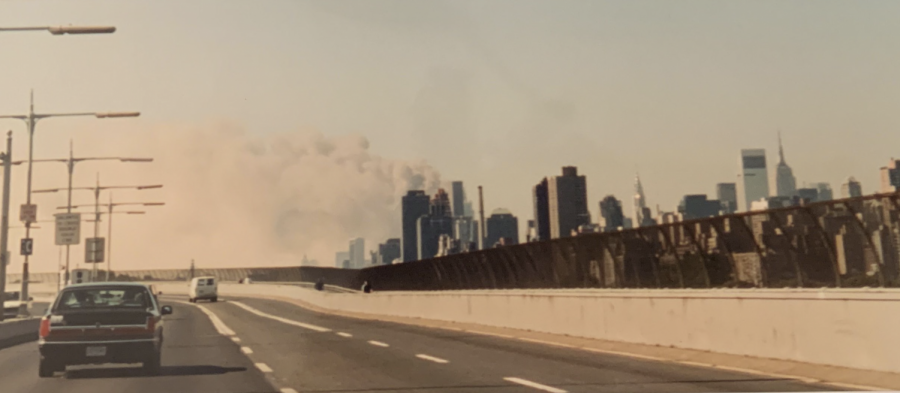
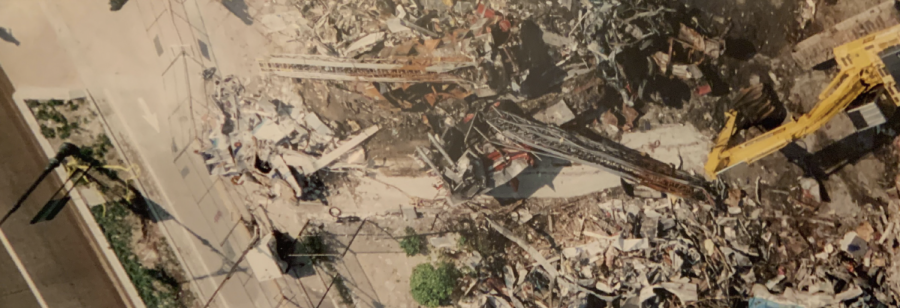
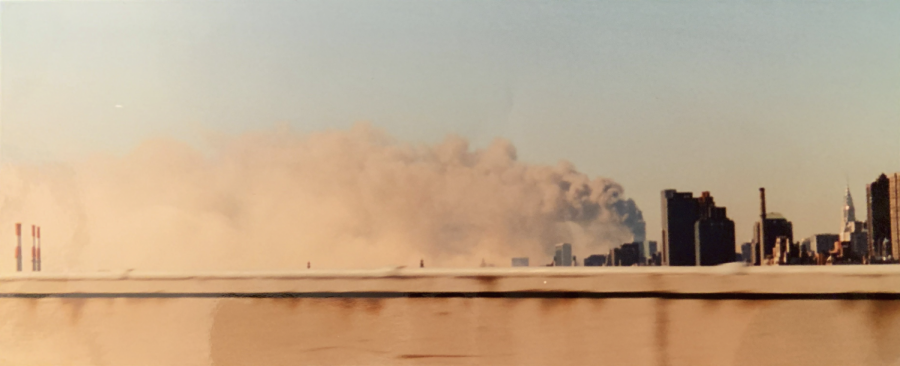
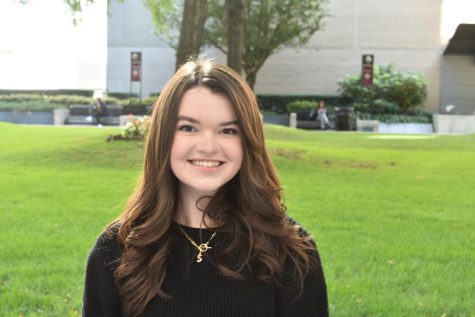











Ann Marie Hanson • Sep 11, 2019 at 6:38 pm
Amen